Times list of Most Influential Climate Business Leaders includes 5 Indian Americans
The list features individuals making significant progress in fighting climate change by creating business value
.png) Rajiv J. Shah(Top Left), Geeta Aiyer (Centre), Manoj Sinha (Top Right), Ajay Banga(Bottom Left) and Jigar Shah (Bottom Right) / Image - The Times
Rajiv J. Shah(Top Left), Geeta Aiyer (Centre), Manoj Sinha (Top Right), Ajay Banga(Bottom Left) and Jigar Shah (Bottom Right) / Image - The Times
The Times has published its annual list of influential business executives who have embedded climate goals into their initiatives. The list included five Indian Americans.
Ajay Banga, who assumed the role of president of the World Bank Group in June, has been named one of the 100 Most Influential Climate Leaders in Business for 2023. Speaking at the 2023 World Bank Group-IMF Annual Meetings in Morocco, Banga stated, "If you can’t breathe and you can’t drink clean water, there’s very little point in eradicating poverty."
In October 2023, Banga highlighted the urgency of the situation, stating, "Time is of the essence." His commitment to aligning financial incentives and loans with climate-friendly initiatives shows a proactive approach to tackling global challenges. Banga works for a sustainable and equitable future.
Geeta Aiyer, founder of Boston Common Asset Management, is among the five Indian Americans on the list. Leading a firm with over $5 billion in assets, Aiyer works to address biodiversity loss and invest in earth renewal. Emphasizing their impact on global food supply, water access, and technology development, Aiyer called for swift government legislation to guide corporate company policies. Moreover, she also stressed the intersectionality of climate change and human rights, urging activists to advocate for stricter policies.
Rajiv J. Shah, president of The Rockefeller Foundation, spearheaded climate-focused initiatives. Notably, the foundation launched the Coal to Clean Credit Initiative, aiming to shift from coal to renewable energy in emerging economies.
Rajiv advocated for expanding access to renewable electricity, emphasizing its potential to improve lives and avert a climate crisis. He urges climate activism to prioritize vulnerable populations and calls for wealthy countries to fulfill and exceed their climate financing commitments.
Jigar Shah, Director of the U.S. Department of Energy Loan Programs Office, led the public investment of hundreds of billions into clean infrastructure and energy projects. He works to meet the 2030 climate goals using cost-effective technologies.
Moreover, Jigar tries to implement solutions that save money. He also identified climate technologies deserving more attention and funding, including enhanced geothermal, low-impact hydro, small modular nuclear reactors, carbon sequestration, hydrogen, and long-duration energy storage.
Lastly, Manoj Sinha, CEO of Husk Power Systems, made it on the list. He achieved profitability with 200 minigrids across Asia and Africa. Advocating for long-term systemic change, he calls for a carbon tax, corporate emission offsets, and investor support for renewable innovations.
Sinha emphasizes solarizing the agricultural value chain and underscores the need for a uniform carbon tax, considering cumulative emissions and societal equity. His vision reflects a holistic approach to sustainable solutions.
ADVERTISEMENT
ADVERTISEMENT
E Paper
Video




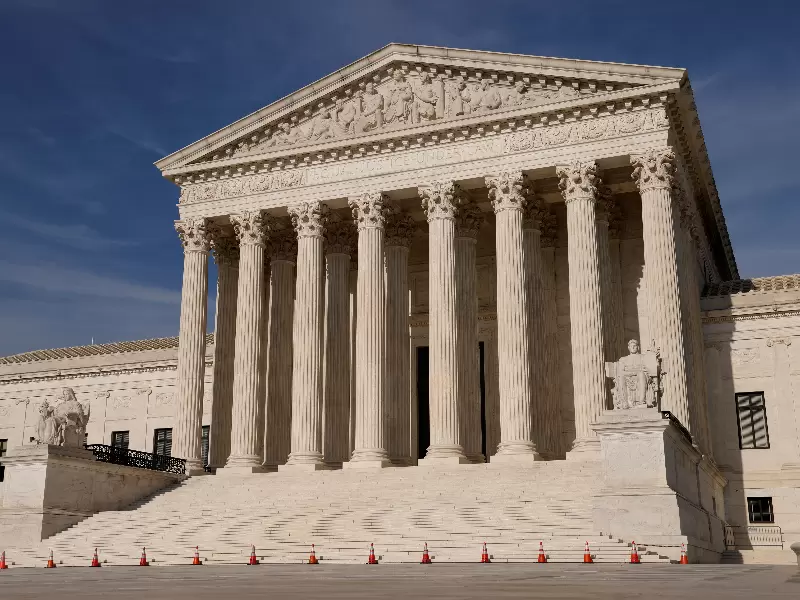
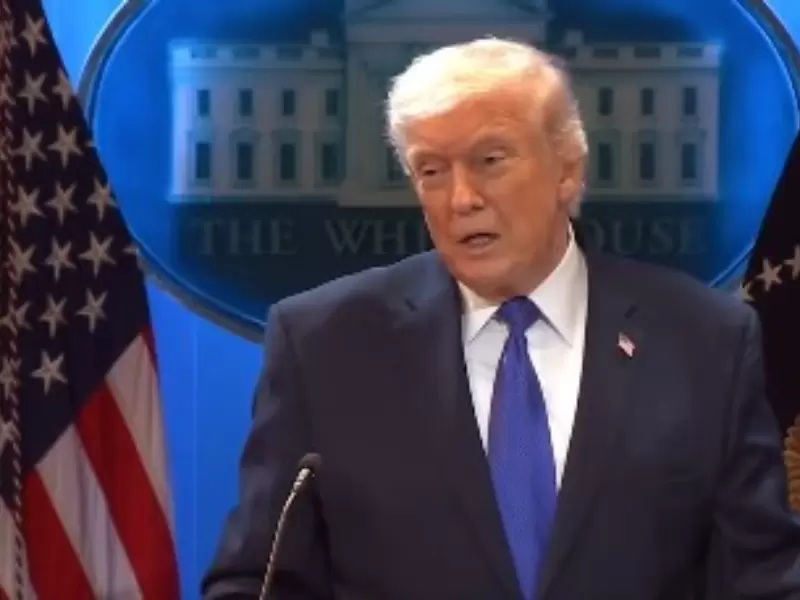
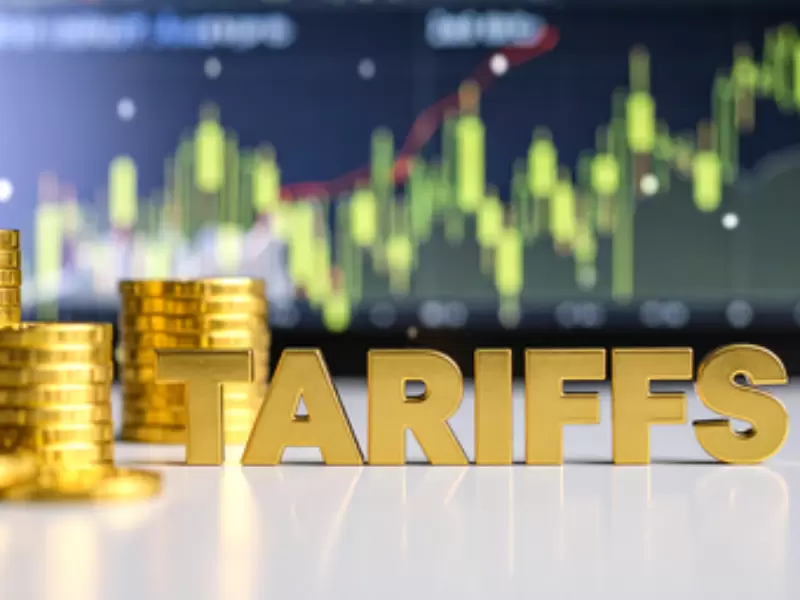
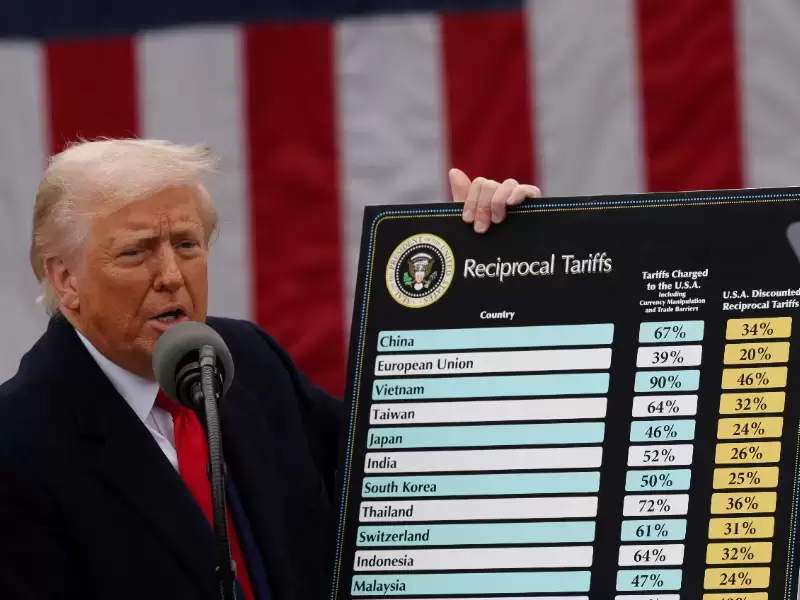
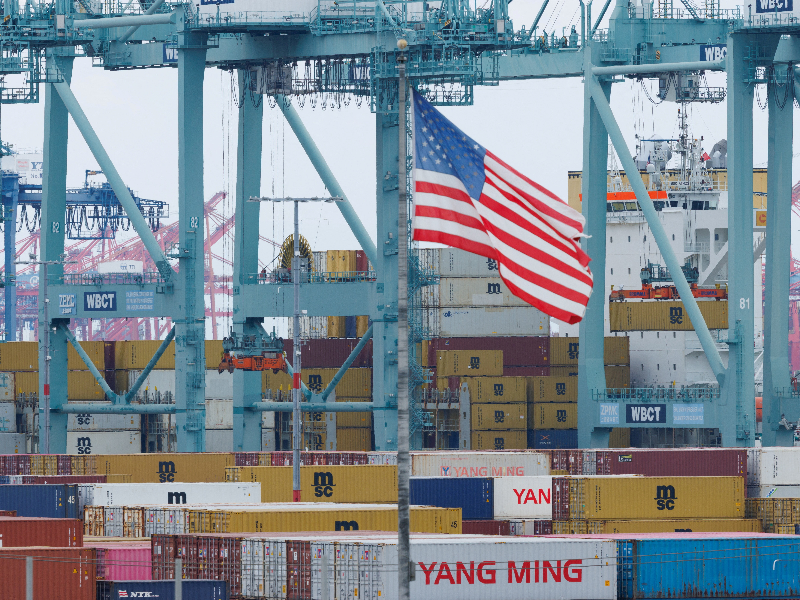
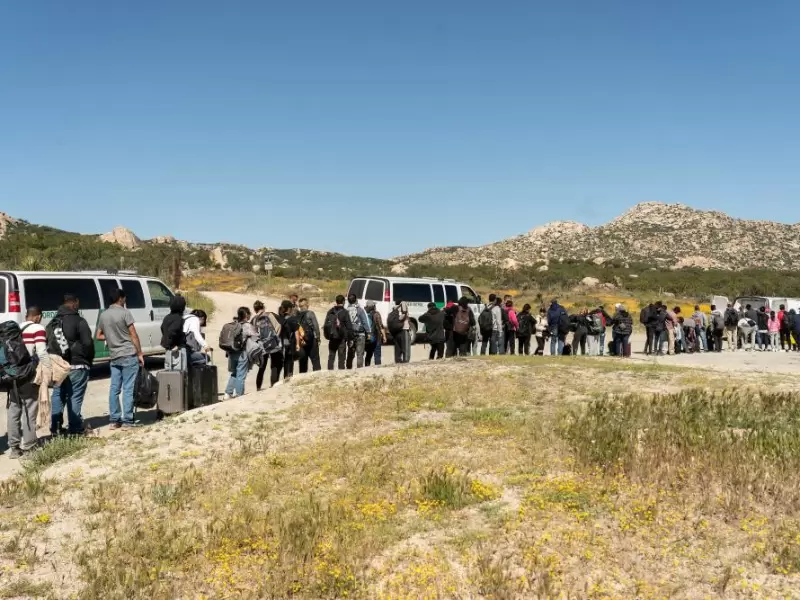
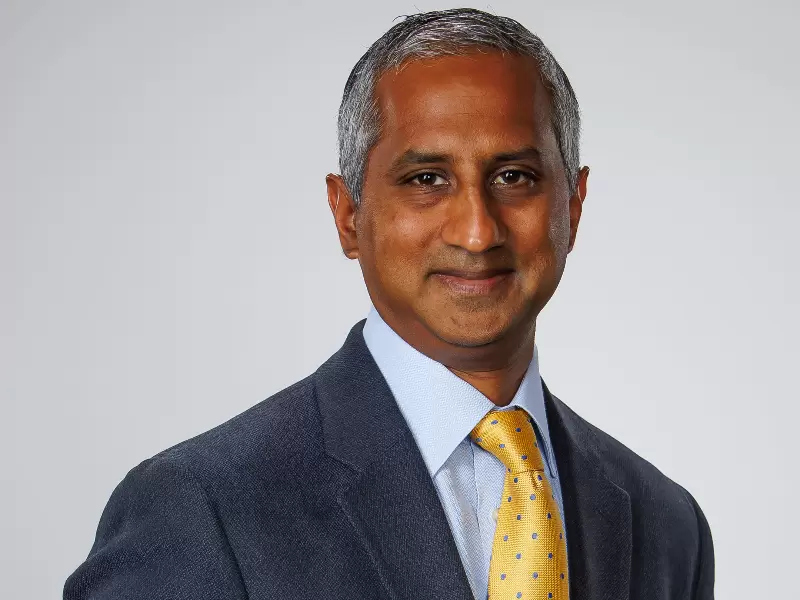
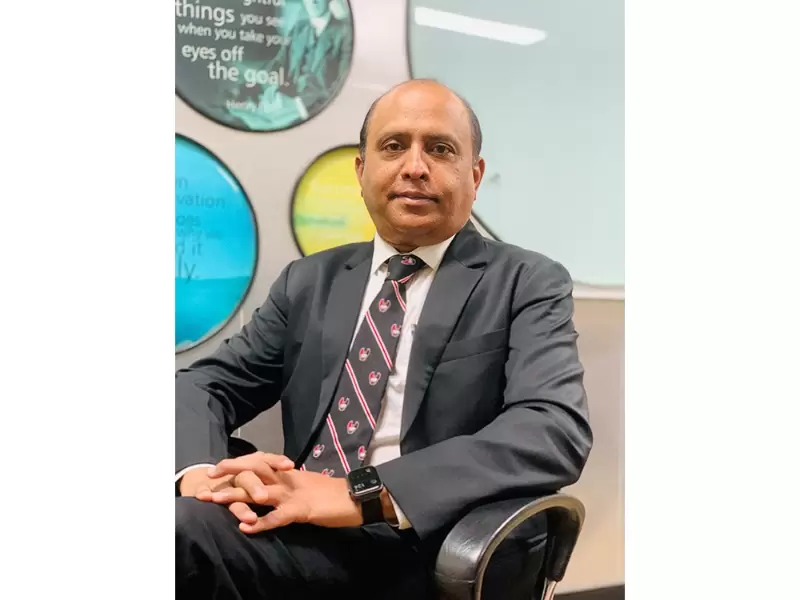
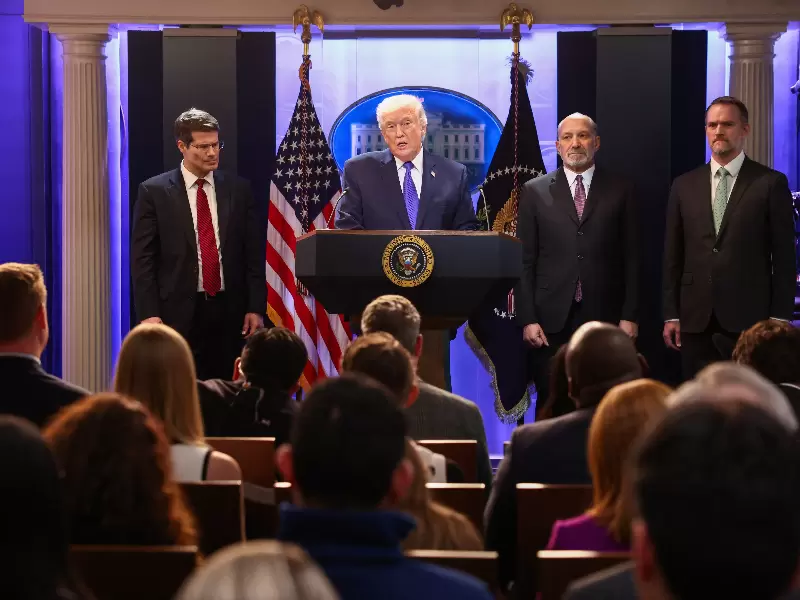
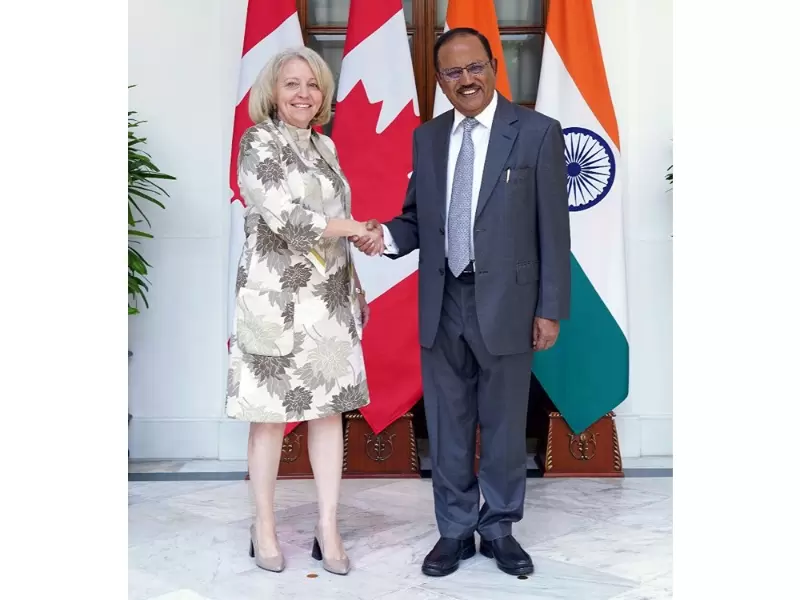


Comments
Start the conversation
Become a member of New India Abroad to start commenting.
Sign Up Now
Already have an account? Login